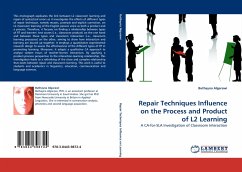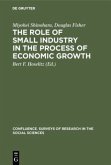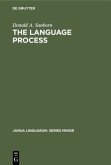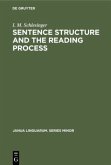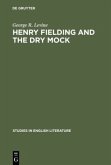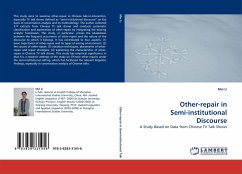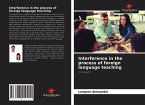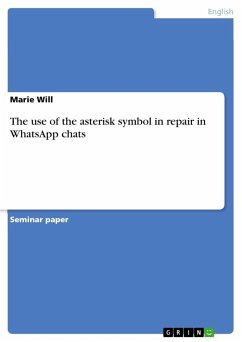This monograph explicates the link between L2 classroom learning and repair of syntactical errors as it investigates the effects of different types of repair technique, namely recasts, prompts and explicit correction, on L2 classroom learning of the English passive voice as both a product and a process. Therefore, it focuses on finding a relationship between types of RT and learners' test scores (i.e., classroom product) on the one hand and between these types and classroom interaction (i.e., classroom learning processes) on the other, aiming to show how interaction and learning are bound up together. It employs a quantitative experimental research design to assess the effectiveness of the different types of RT in promoting learning. Moreover, it adopts a qualitative CA approach to analyse sixteen hours of teacher-learner interaction. By applying a product-process perspective to the interaction-learning relationship, this investigation leads to a rethinking of the close and complex relationship that exists between repair and classroom learning. This work is useful to students and academics in linguistics, education, communication and language sciences.
Bitte wählen Sie Ihr Anliegen aus.
Rechnungen
Retourenschein anfordern
Bestellstatus
Storno

